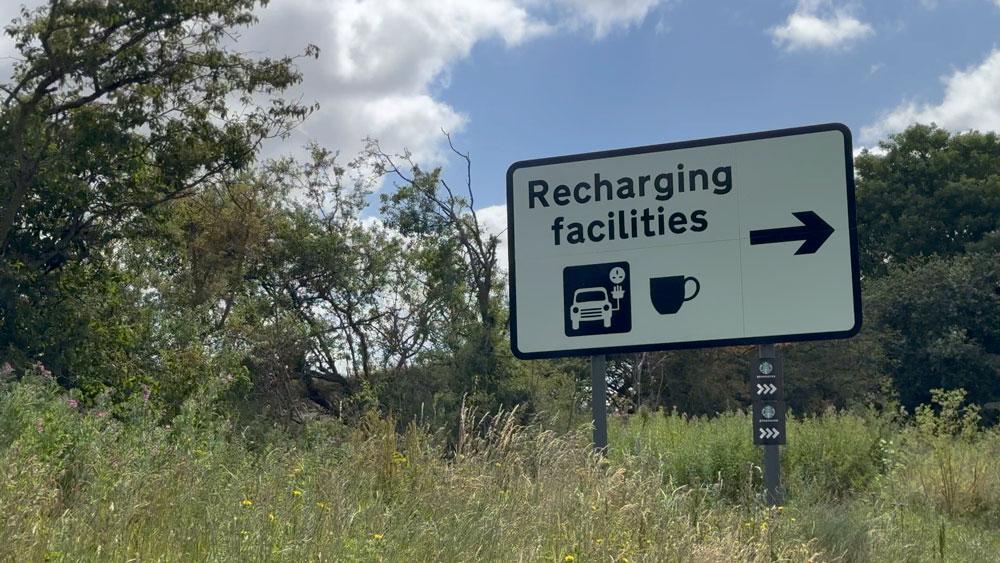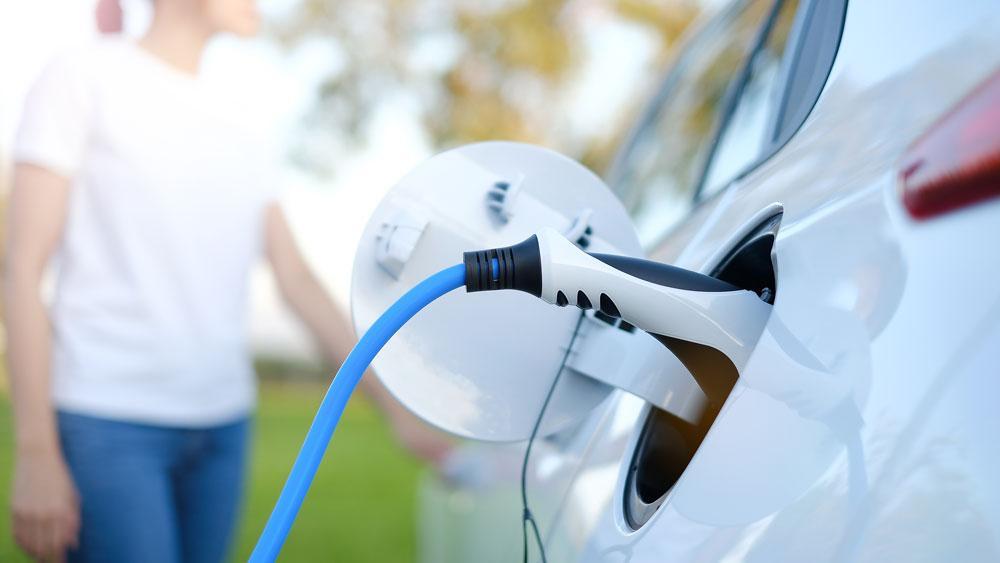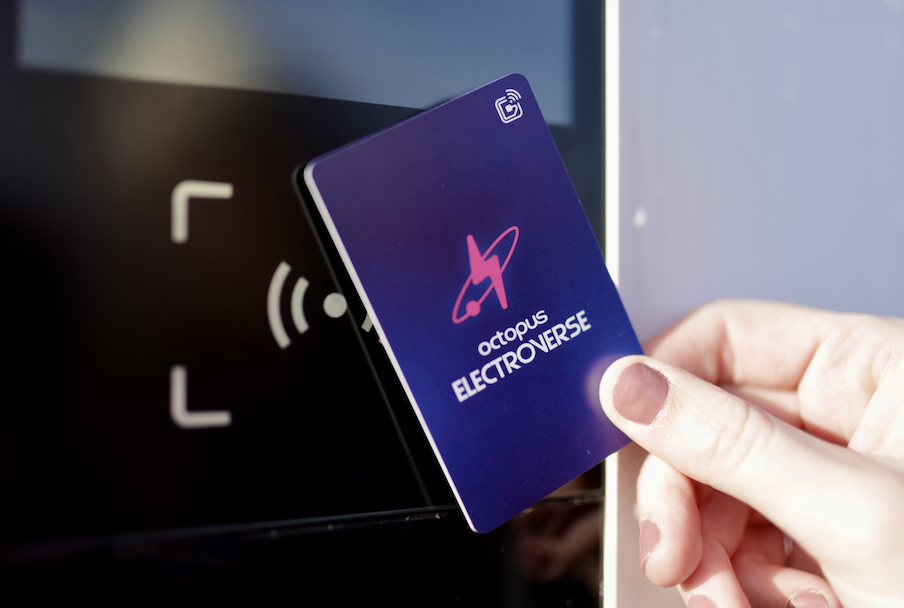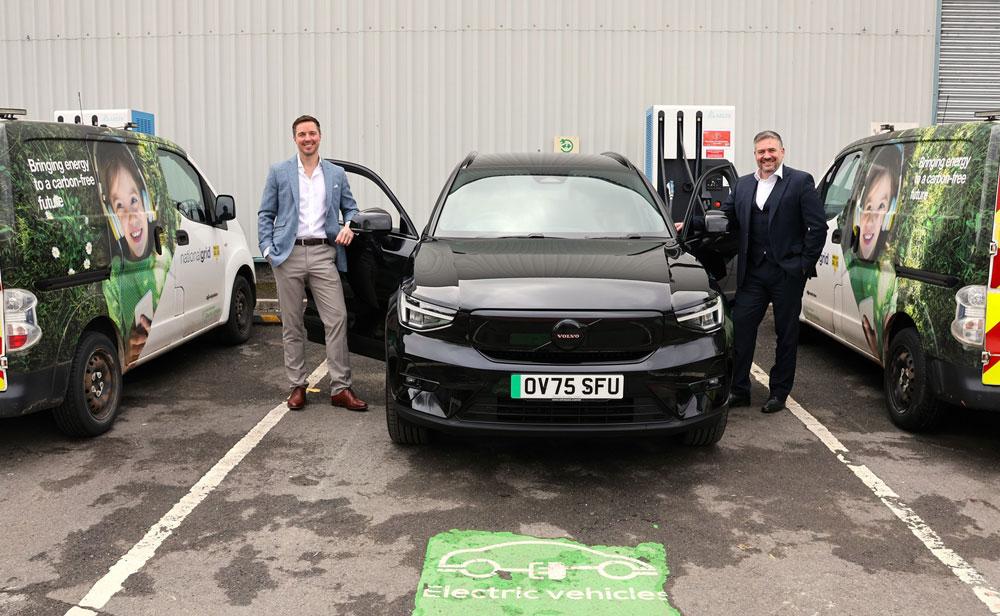A new electric vehicle (EV) “mythbusters” document designed to tackle common company car driver misconceptions has been released by the Association of Fleet Professionals (AFP).
Created by the organisation’s EV Committee, it tackles questions such as “Will I need to pay for a charge point?”, “How will I know where I can charge up during my journey?”, “Does an electric vehicle need to pay the London Congestion or Ultra Low Emission Zone charges?”, “Are electric vehicles dangerous?” and “Can the UK energy grid really cope with a huge increase in the number of electric vehicles?”.
Paul Hollick, chair, said: “EVs are being introduced apace in many organisations and fleet managers are finding that potential drivers have a lot of questions about them, some of which they can easily answer and some of which require a little more thought.
“The new guide is designed for drivers and fleet managers who find themselves in this position. We’ve gathered information from across the AFP about the most common questions that are being asked and our EV committee has produced concise but informative responses that should satisfy most drivers.
“As with any emerging technology moving into the mainstream, there are many misconceptions around EVs and part of the process of electrifying any fleet will be helping drivers to understand how these vehicles work and the kinds of differences that exist when compared to the petrol and diesel cars that they have been using for years.”
The mythbusters guide, which can be downloaded from the AFP web site by members, is being released in the same week that the industry body announced the content of its new EV course. “Making the Switch to EVs” lasts four hours online and will be held for the first time at 10am on 16th March, 2021.
There are five modules, starting with a market overview examining the current upsurge in interest in EVs, progressing through how to evaluate your fleet’s potential to electrify, analysing the cost and environmental benefits of switching to EVs, managing the real world transition and finally, overseeing ongoing EV operations in a business-as-usual environment.







